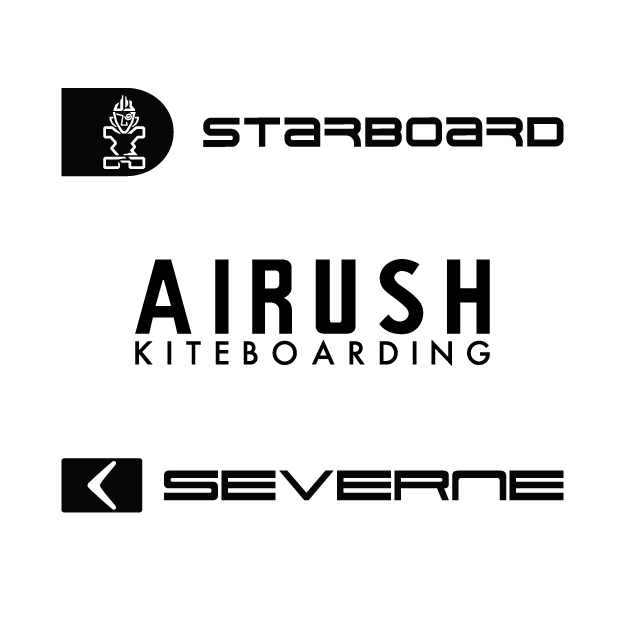



SESTAR

Central and Western District, Hong Kong S.A.R.
January 2018
Sports goods
Wholesale/Retail
Australia,
Hong Kong S.A.R.,
South Africa,
Thailand
In 2018, SESTAR became the first water sports equipment manufacturing group to be certified by B-Corp. Consisting of three innovative brands all leading the industry to do better, SESTAR is proving that sustainability and high performance water sports do not have to be mutually exclusive. (@Starboard) is driven by the mission to be not only the best in the world, but also to be the best for the world. With its award-winning designs and tierless approach to making a positive impact, Starboard is actively tackling both plastic pollution and the climate crisis, to preserve a future for everyone. The fundamental aim of (@airushkiteboarding) is to leave the planet better off than when it started. Through relentlessly pursuing better materials and processes, utilising renewable energy sources, and engaging in meaningful relationships, sustainability stands firmly in the ethos of AirRush. (@Severnewindsurfing) is led by a team of individuals obsessed with windsurfing. This passion translates to creating the best equipment for every rider, allowing them to fall in love with the sport and the marine environment in the same way they do.
Overall B Impact Score
Governance 7.3
Governance evaluates a company's overall mission, engagement around its social/environmental impact, ethics, and transparency. This section also evaluates the ability of a company to protect their mission and formally consider stakeholders in decision making through their corporate structure (e.g. benefit corporation) or corporate governing documents.
What is this? A company with an Impact Business Model is intentionally designed to create a specific positive outcome for one of its stakeholders - such as workers, community, environment, or customers.
Governance 7.3
Governance evaluates a company's overall mission, engagement around its social/environmental impact, ethics, and transparency. This section also evaluates the ability of a company to protect their mission and formally consider stakeholders in decision making through their corporate structure (e.g. benefit corporation) or corporate governing documents.
What is this? A company with an Impact Business Model is intentionally designed to create a specific positive outcome for one of its stakeholders - such as workers, community, environment, or customers.
Workers 26.9
Workers evaluates a company’s contributions to its employees’ financial security, health & safety, wellness, career development, and engagement & satisfaction. In addition, this section recognizes business models designed to benefit workers, such as companies that are at least 40% owned by non-executive employees and those that have workforce development programs to support individuals with barriers to employment.
Community 21.1
Community evaluates a company’s engagement with and impact on the communities in which it operates, hires from, and sources from. Topics include diversity, equity & inclusion, economic impact, civic engagement, charitable giving, and supply chain management. In addition, this section recognizes business models that are designed to address specific community-oriented problems, such as poverty alleviation through fair trade sourcing or distribution via microenterprises, producer cooperative models, locally focused economic development, and formal charitable giving commitments.
Environment 20.9
Environment evaluates a company’s overall environmental management practices as well as its impact on the air, climate, water, land, and biodiversity. This includes the direct impact of a company’s operations and, when applicable its supply chain and distribution channels. This section also recognizes companies with environmentally innovative production processes and those that sell products or services that have a positive environmental impact. Some examples might include products and services that create renewable energy, reduce consumption or waste, conserve land or wildlife, provide less toxic alternatives to the market, or educate people about environmental problems.
Customers 10.6
Customers evaluates a company’s stewardship of its customers through the quality of its products and services, ethical marketing, data privacy and security, and feedback channels. In addition, this section recognizes products or services that are designed to address a particular social problem for or through its customers, such as health or educational products, arts & media products, serving underserved customers/clients, and services that improve the social impact of other businesses or organizations.
What is this? A company with an Impact Business Model is intentionally designed to create a specific positive outcome for one of its stakeholders - such as workers, community, environment, or customers.